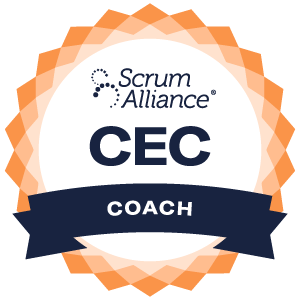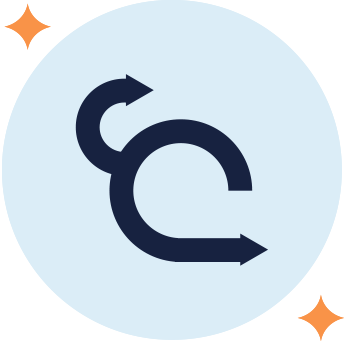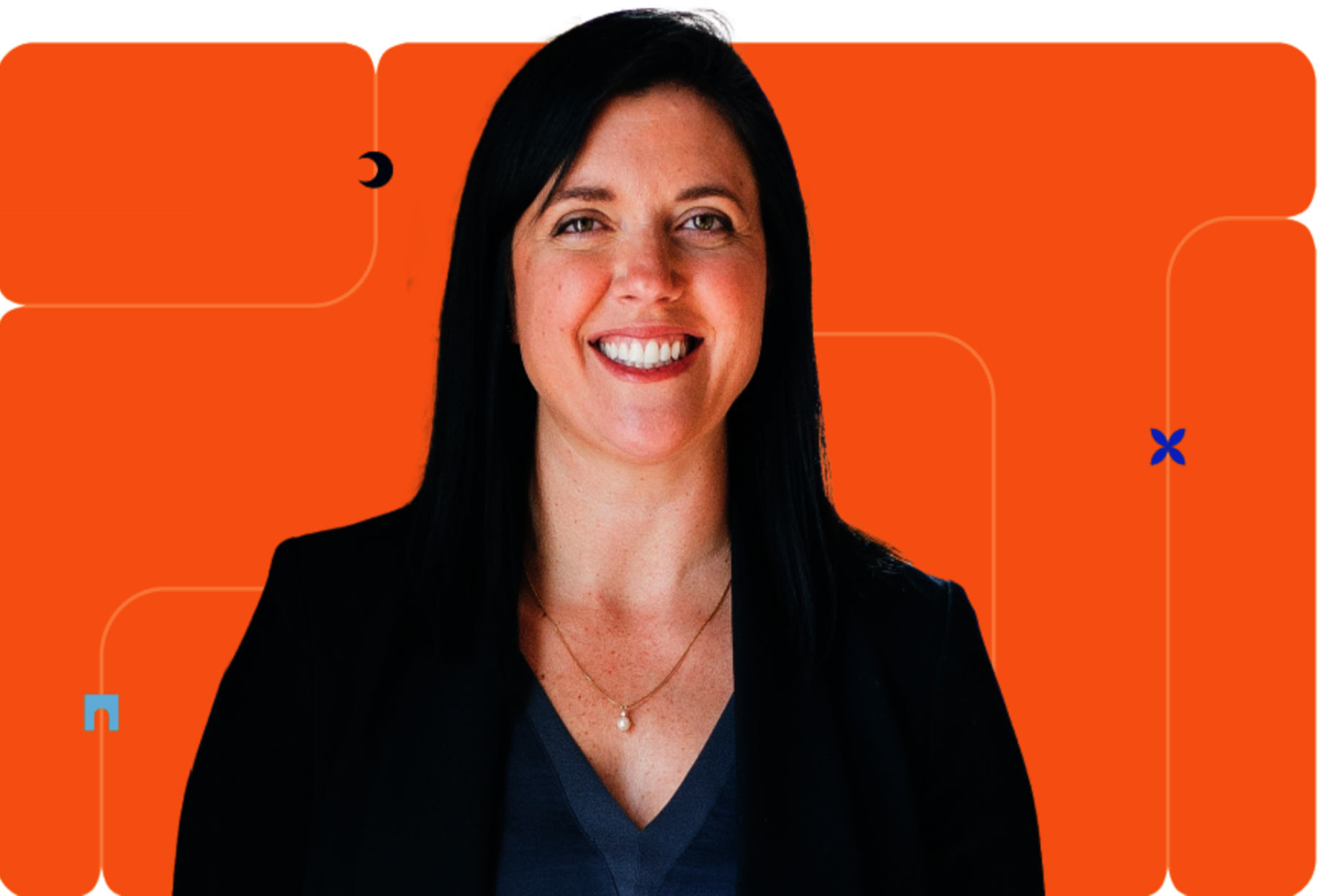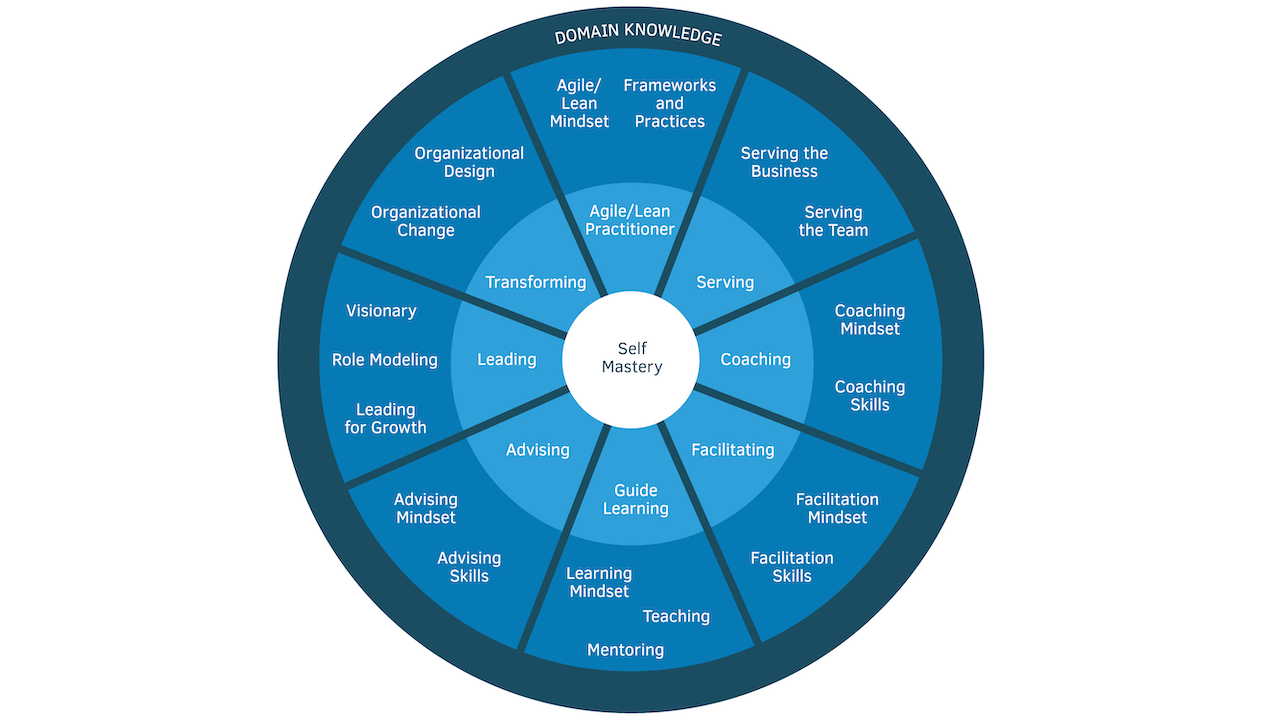

Scrum Alliance Certified Enterprise Coach™ (CEC)
Enterprise agile coaches guide transformational change, supporting an organization's leadership and all employees as they shift their culture toward greater adaptability, faster time to market, and improved customer focus. When you choose a coach certified by Scrum Alliance, you can trust their validated skills, experience, and competencies.

Why choose a Certified Enterprise Coach?
When you choose a Certified Enterprise Coach for your organization, you can be confident in their ability to guide your teams through an agile transformation. This certification vouches for their proficiency in coaching people at all levels through an evolving and lasting transformation.
Qualifications at a glance
Enterprise coaches certified by Scrum Alliance are entrusted with leading organizations through agile transformations. CECs must meet and maintain these high standards to uphold this certification’s value.

CECs have demonstrated extensive hands-on experience as active Certified Scrum Professionals with over 2,000 coaching hours at various organizational levels.

They've contributed to significant organizational improvements through coaching and empowering businesses to solve problems using agile principles.

Coaches have validated more than three years of active participation in the scrum community, supported by client and mentor recommendations.
Rely on the expertise of a Certified Enterprise Coach
Scrum Alliance Certified Enterprise Coaches have undergone a demanding certification process designed to guarantee exceptional quality and results. Here's what sets them apart:
Each coach has passed a thorough screening process, ensuring they possess the necessary skills and experience.
They have demonstrated their ability to coach leadership and multiple teams in an organization successfully and to achieve measurable outcomes.
Their qualifications are backed by recommendations from clients and industry leaders who have witnessed their coaching excellence.
Certified Enterprise Coaches maintain their credentials through ongoing development, ensuring they stay at the forefront of the field.

Interested in becoming a certified agile coach?
Scrum Alliance is developing an exciting new coaching certification that will streamline the credentialing process and modernize learning for today's agile coaches.
Be the first to find out when we launch this new program! Sign up below and we'll let you know so you can get on the path to unlocking new possibilities in your coaching career.
Relevant resources
Unlock Scrum Alliance news and updates!
Frequently asked questions
A Certified Enterprise Coach operates on the organizational level, assisting leaders in eliminating obstacles that hinder the entire company's adoption and ongoing support of an agile transformation. A Certified Team Coach may work with several teams, stakeholders, and/or management to enhance performance and results.
An agile coach helps organizations adopt and optimize agile practices to improve collaboration, flexibility, and results. They work with teams, leaders, and stakeholders to foster a culture of continuous improvement, alignment, and customer-centricity.
Agile coaches guide teams in not just implementing but understanding frameworks like scrum to deliver value faster while improving communication and workflows. They address challenges, remove obstacles, and promote transparency, trust, and accountability across the organization. By providing training, mentorship, and tailored strategies, an agile coach helps organizations navigate change and achieve their goals in a rapidly evolving market.
Have additional questions?
Contact us

-QrzVEf5ki7Ni9s9lfWg.png)

